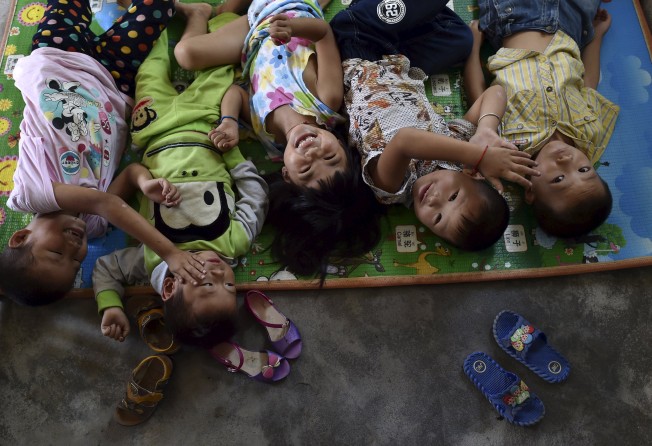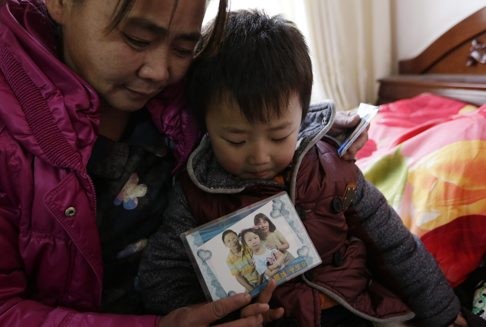In reforming its hukou system, is China also creating a labour shortage for its biggest cities?
Kam Wing Chan says Beijing’s attempt to purge migrant children from the big cities will skew the population structure and lead to a shortage of workers

A new generation of children is growing up in China’s countryside with one or no parents around most of the year. The 2010 census counted 61 million children in that category. Nearly half had no parents at home. A 2014 survey estimated that 10 million rural children had not seen their parents for more than a year.
China’s decision to allow more families to have a second child is an effort to confront the problem of an ageing population. China needs people to staff its factories and shops and help foot the bill for its rapidly greying population. Yet, despite this seemingly drastic turn in policy, most experts expect the number of births to increase only marginally in the next few years.
At the same time, millions of children are not well taken care of. They are children whose life has been profoundly disrupted by their parents’ migration to urban areas in search of jobs.
One reason those parents leave their children behind is the difficulty of educating them in the city. This problem is largely created by the hukou system, under which migrant workers and their families are considered only temporary residents with no rights to urban services, including education. Most local governments have complied only half-heartedly with a central directive to provide education for children of migrant workers, claiming a lack of funding.
READ MORE: China’s registration permit overhaul to give migrant workers welfare and education access

Those lucky enough to attend city schools often face challenges. Many are segregated in substandard or makeshift facilities, and often feel discrimination. The less-fortunate majority stay at home with elderly grandparents or other relatives, often hundreds of miles away from their parents. These “left-behind” children face many problems. A significant percentage get into trouble. Many do poorly in school, and research shows that a large proportion have psychological problems.
Under China’s latest hukou reform, big cities are being asked to limit their population size – despite the new two-child policy – by stringently restricting migration. Many city governments are jumping on the opportunity to further curb migrant children’s access to education, resulting in tens of thousands losing their spots in city schools and many more remaining in villages. This has led to protests by migrants in several cities since last year.
The measures to purge migrant children from cities have produced highly skewed age structures in many big cities. Abnormally low percentages of children and tough policies to deter new migrants raise questions about where the future workforce needed to sustain the economy will come from.
Kam Wing Chan is professor of geography at the University of Washington. His research focuses on China’s hukou system and migration